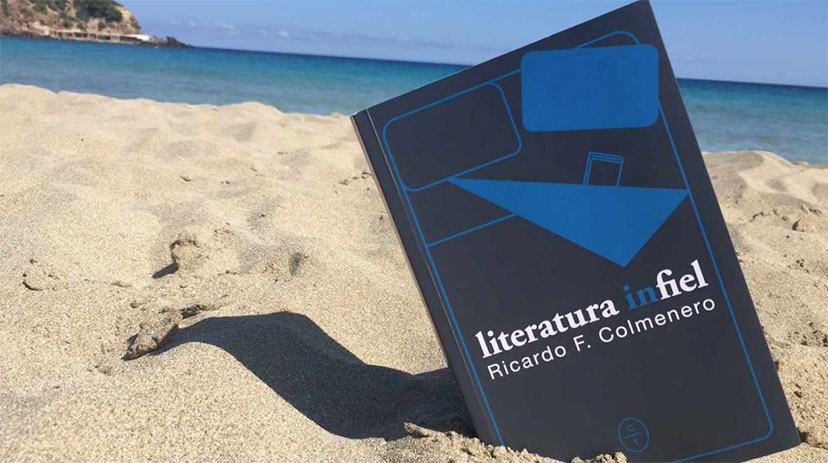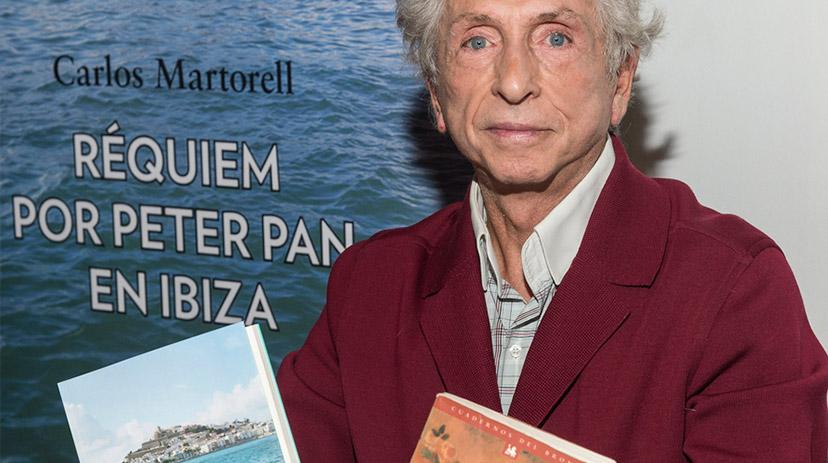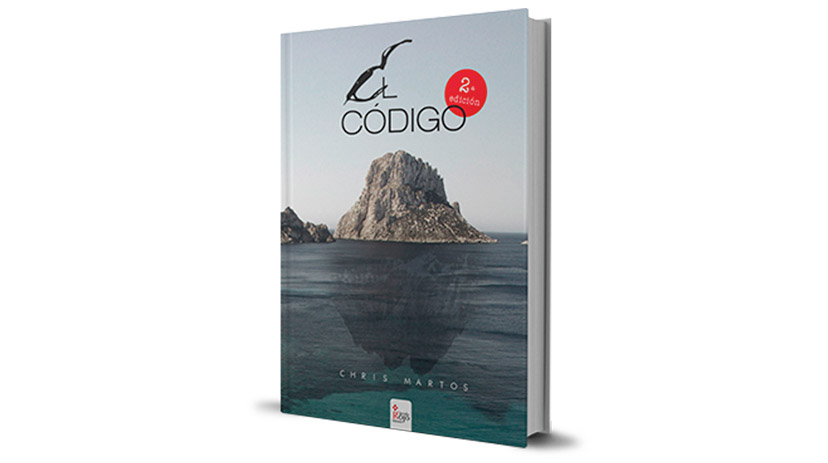When we are planning a holiday, we These places often seem familiar to us after having seen them in films and read about them in books so often, and the island of Ibiza is no exception. Hundreds of novels are based on the island, its magic, its history or simply its everyday life. In this article we will review some of the most famous novels for you to start experiencing the magic of Ibiza from the comfort of your own sofa.
Perhaps the best known of all the novels written about the island is that of Blasco Ibáñez, “Los Muertos Mandan” (The Dead Command), a work that reflects the pressure suffered as a result of his lineage by the protagonist, Jaime Febrer, who flees from Majorca to Ibiza, where he hides in a tower and lives on the charity of an retired labourer. A classic novel portraying an ancestral and little-known Ibiza from the point of view of a classic author of Spanish literature.
A recent revelation has been “El Caso Demichellis” (The Demichellis Case), by Francisco Marín, which became the best-selling book on Amazon Spain during the summer of 2018. In August alone, 1,900 ebooks were sold and another 1,000 copies were read online. This thriller takes place in the courts and streets of Ibiza, captivating the reader from the first page.
Another of the great titles essential to become fully immersed Ibiza’s history is “Requiem por Peter Pan” (Requiem for Peter Pan), by the well-known public relations expert Carlos Martorell, in which he narrates the decline of the hippy movement in Ibiza; a work that will soon be released as a film, according to its author.
“Za Za Emperador de Ibiza” (Za Za Emperor of Ibiza), by Ray Loriga, is another novel worth reading. It tells the story of a former cocaine dealer, retired to Ibiza, who has made great efforts to “not really be anyone” until the telephone rings and a string of strange coincidences unfolds. A fast, surrealist plot that shows a sordid and savage face of the island, very much in the style of this Spanish writer, director and scriptwriter.
The Ibiza of 1958 is the setting for “Los Europeos” (The Europeans), by Rafael Azcona. It is a time when a sad and oppressed Spain begins to emerge from its misery thanks to the first development plans. In this context a young “daddy’s boy” decides to go on holiday to Ibiza, where tourism is beginning to flourish with a liberal aspect that would be impossible in other provinces. The most striking thing about this novel is the prophetic portrait the author offers of present-day Spain. A film based on this book has recently been made and has yet to be released.
Those interested in the Ibiza of the 1960s would probably like to read “Dope in the Age of Innocence”. Damien Enright narrates his vicissitudes on Formentera and Ibiza as one of the many foreigners who moved to the islands at that time to lead a bohemian and hedonistic life away from the great European and North American metropolises. And, in his case, a hectic round trip to the eastern Mediterranean.
Las “Lágrimas de San Lorenzo” (The Tears of San Lorenzo), by Julio Llamazares, tells the story of a university lecturer who has roamed through Europe without settling anywhere, until he returns to Ibiza, where he had spent his best years as a young man, to contemplate the meteorite shower of the magical night of San Lorenzo together with his estranged son.
“El Código” (The Code), by Chris Martos, is a novel that explores mystical Ibiza, reviewing its history, traditions and customs, in an almost esoteric story where the legendary rock of Es Vedrà takes on such a magical role that readers will never see it in the same light again.
José Corbacho and Juan Cruz are the co-authors of “People From Ibiza”, a novel of intermeshed stories, which unravels the parallel lives on the island of a family from Hospitalet de Llobregat, a French chef, a Berlin director, a TV presenter, an Italian parish priest, a group of aging Liverpool fans, a comedian from Salamanca and a pop star weary of fame.
Finally, “West End” by José Morella, winner of the Café de Gijón 2019 prize and yet to be published, tells the story of the need and desire to discover the mystery that has always surrounded the figure of his “mad” grandfather. A work that tells the story of a family, in the setting of the post-war period, the emigration of thousands of Andalusians to Ibiza and the transformation of the island with the influx of tourism.
This is a small selection, but there are many more titles offering a journey around the white island in different contexts and from diverse perspectives. Novels such as “Vida y Muerte de un Pueblo Español” (Life and Death of a Spanish People) by Paul Elliot, based on the way of life of the Ibizans in the 1930s, or “Hyle: Ser-sueño en España” (Hyle: Dream-Being in Spain) by Raoul Hausmann, which tells a story about relationships between people in a turbulent scenario somewhere between idyll and nightmare, are good examples.
Essential reading for those who are thinking of travelling to the island of a thousand faces and just as many stories.



